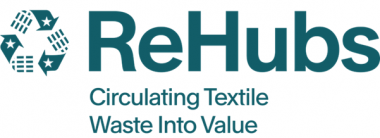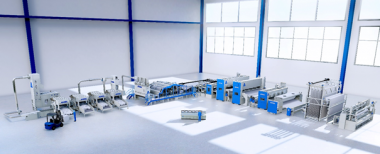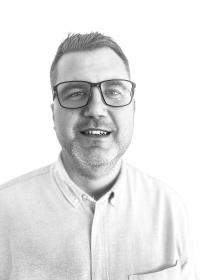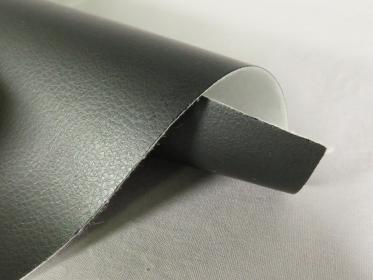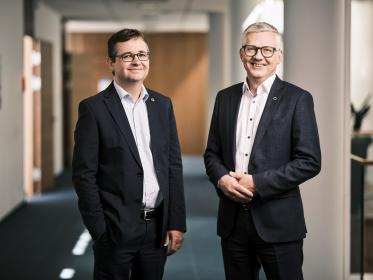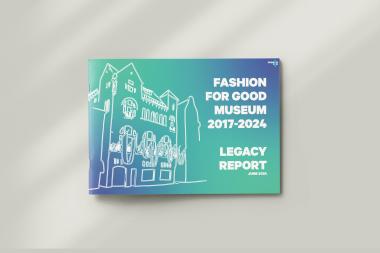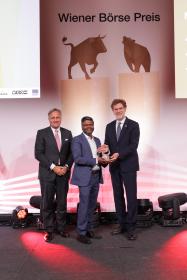TrusTrace: Upgraded Forced Labor Prevention Solution
TrusTrace, a SaaS company with a platform for product traceability and supply chain compliance in fashion and retail, announced the launch of its upgraded AI-powered Forced Labor Prevention (FLP) Solution, which will help brands proactively map out supply chains, screen it for risk, and efficiently gather evidence for regulatory compliance.
The Forced Labor Prevention solution combines the power of AI to manage large quantities of data from complex supply chains with scalable collection of primary data per purchase order, which is screened and validated for risk, ensuring brands have validated evidence at a product and shipment level.
The solution collects primary data directly from suppliers to ensure detailed and reliable information about facilities, products, and materials. The primary data collected through the TrusTrace solution is specific to the context of the traced products, contrary to solutions leveraging third party data, which can introduce large quantities of irrelevant information from various sources, creating ‘noise’ that can obscure critical insights and quickly become unmanageable. TrusTrace has traced more than two million purchase orders to date and has more than 55,000 suppliers and facilities mapped globally, demonstrating the capacity to automate the collection of primary data at very large scale.
The data is proactively screened for risk against the U.S. Customs and Border Protection (CBP) entity list, and the solution can integrate with any relevant risk screening database.
AI-Powered Chain of Custody Creation and Document Collection drives speed, accuracy and cost savings, making it quick and easy to gain supply chain visibility and stay on top of documentation for compliance. The FLP solution can classify, extract, and translate large volumes of documents in over 100 languages, facilitating the creation of a digital chain of custody, and transforming traditionally time-consuming manual processes, increasing efficiency, and reducing the likelihood of human error.
15 brands worldwide are already using TrusTrace for forced labor prevention, including Vera Bradley, who see proactive supply chain traceability and data management as key in achieving their ESG commitments.
TrusTrace





